Foods That Boost Testosterone…Naturally
If you’ve watched television or flipped through a magazine lately, you may have seen one of the many ads targeting men that sound something like this:
“Do you experience fatigue, moodiness and loss of libido? If so, you may have low testosterone…”
By defining low testosterone as a “disease”, drug companies have turned this hormonal issue into a $2.4 billion industry and growing. The number of testosterone prescriptions (like AndroGel, Fortesta and Axiron) has quadrupled since 2000.
And while low testosterone is a common issue for many men as they age, it doesn’t have to be.
In fact, testosterone is very responsive to simple diet and lifestyle changes that don’t require a prescription and have only pleasant “side effects.”
Here are 10 simple and effective things that men can do to boost testosterone naturally:
#1: Eat These 6 Cholesterol & Fat Rich Foods That Boost Testosterone
Cholesterol is a steroid-like compound that acts as precursor to testosterone. Without enough of this vital starting material, your body cannot produce adequate levels of testosterone. Cholesterol is only found in animal foods and is richest in wild shrimp, bacon, liver, sausage, butter and whole eggs.
Like cholesterol, fat is also necessary to produce testosterone. In fact, research published in the Journal of Steroid Biochemistry found that eating a diet comprised of less than 40% fat can reduce testosterone levels. Saturated fat is especially important to boost this male hormone and is found in grass-fed beef, pastured pork, tallow, lard, duck fat, and coconut products.
#2: Eat These 3 Zinc-Rich Foods that Boost Testosterone
Zinc is best known for its beneficial effects on the immune system. But it is also crucial for your body’s production and release of testosterone. Zinc also inhibits the action of aromatase – an enzyme that converts testosterone to estrogen.
Sufficient zinc levels also help to prevent insulin resistance, which can lead to diabetes and weight gain – two more contributing factors to “low T” (as we’ll discuss in the next section).
Oysters are the superior food source of zinc and one of the best foods that boost testosterone. But grass-fed beef and lamb are also very high in this T-boosting mineral and are preferable to vegetable sources, which contain phytic acid – a nutrient that inhibits the absorption of zinc and other minerals.
#3: Lose the Belly Fat
Visceral fat is the unsightly fat that surrounds our belly and internal organs. It is also quite dangerous because visceral fat is metabolically active. It promotes inflammation, insulin resistance and increases your risk for a wide range of diseases. It also produces the enzyme called aromatase, which helps to convert testosterone to estrogen.
If you’re serious about your health (and your manhood) reducing visceral fat is essential.
The best way to accomplish this: Enjoy a low-sugar, low-glycemic, grain-free diet that models that of our ancestors. Engage in high intensity interval training (HIIT) several times per week. And fast intermittently.
#4: Eat More Cruciferous Veggies
Cruciferous veggies – like broccoli, Brussels sprouts, cauliflower and kale – contain powerful compounds like indole-3-carbinol and diindolymethane (DIM) which facilitate the removal of estrogen hormones from the body.
These foods that boost testosterone also help boost glutathione – your body’s master antioxidant and detoxifier – which helps carry waste products and excess estrogen out of the body.
#5: Boost Magnesium Levels
Magnesium is best known as the relaxation mineral. But it also helps to boost athletic performance by reducing inflammation and promoting optimal testosterone release following exercise.
A recent study published in Biological Trace Element Research found that supplementing with 750 mg of magnesium daily for four weeks increased free testosterone by 26 percent. Another study found men with low levels of magnesium also had lower levels of testosterone compared with men who had the highest levels.
While magnesium is found in many foods, most Americans are deficient. Boost your levels of this important mineral with dark leafy greens, Brazil nuts and mackerel.
#6: Lower Stress
Cortisol, the stress hormone, blocks the positive and beneficial effects of testosterone. This is just another reason to get your stress levels in check. Exercise, meditation, yoga, a hot bath with Epsom salts and long walks can all help to bring your levels of cortisol down.
#7: Eliminate Environmental Estrogens
Our world is awash in chemicals that mimic the hormone estrogen. Known as xenoestrogens, these chemicals are most often found in plastic products (water bottles, food containers, etc), canned products which contain BPA-lined interiors, personal care products that contain phthalates and parabens, microwave cooking bags and roasting bags, and nonstick pans. These estrogenic chemicals have a potent ability to hamper testosterone.
And while they are impossible to avoid entirely, there is a lot you can do to protect yourself from them. Choose organic foods in their least processed state and cook in cast-iron enamel, cast-iron, stainless steel or glass. Also, be sure to opt for personal care and household products with natural (rather than synthetic chemical) ingredients.
#8: Get Sound Sleep
Testosterone is produced during sleep.
One study found that men getting five hours of sleep per night had testosterone levels that were 10 to 15 percent lower than when they got eight hours.
Promote a good night’s rest by going to bed at the same time each night, unplugging from devices and bright lights at dusk, and creating sleep ritual that helps you drift off early and sleep soundly through the night.
#9: Optimize Vitamin D
Vitamin D (actually a pro-hormone) plays many roles in boosting testosterone.
The first way is by reducing aromatase – the enzyme that diminishes testosterone by converting it to estrogen. Vitamin D also helps make the testosterone receptors on cells more sensitive. In fact, a study published in the European Journal of Endocrinology found that men with low T who received 3,332 IU of vitamin D daily experienced a 20% increase in testosterone after a year.
#10: Imbibe Wisely
Most forms of alcohol increase aromatase and are therefore considered estrogenic.
However, according to recent research published in the Annals of the New York Academy of Sciences, red wine can helping to reduce aromatase. If you choose to drink, do so in moderation and opt for organic red wine.
When it comes to boosting testosterone, opt for these simple lifestyle changes before resorting to a potentially harmful testosterone prescription. Not only will you avoid the many negative side effects (and potentially unknown long term effects) that can accompany drugs, you’ll optimize your health in the process.
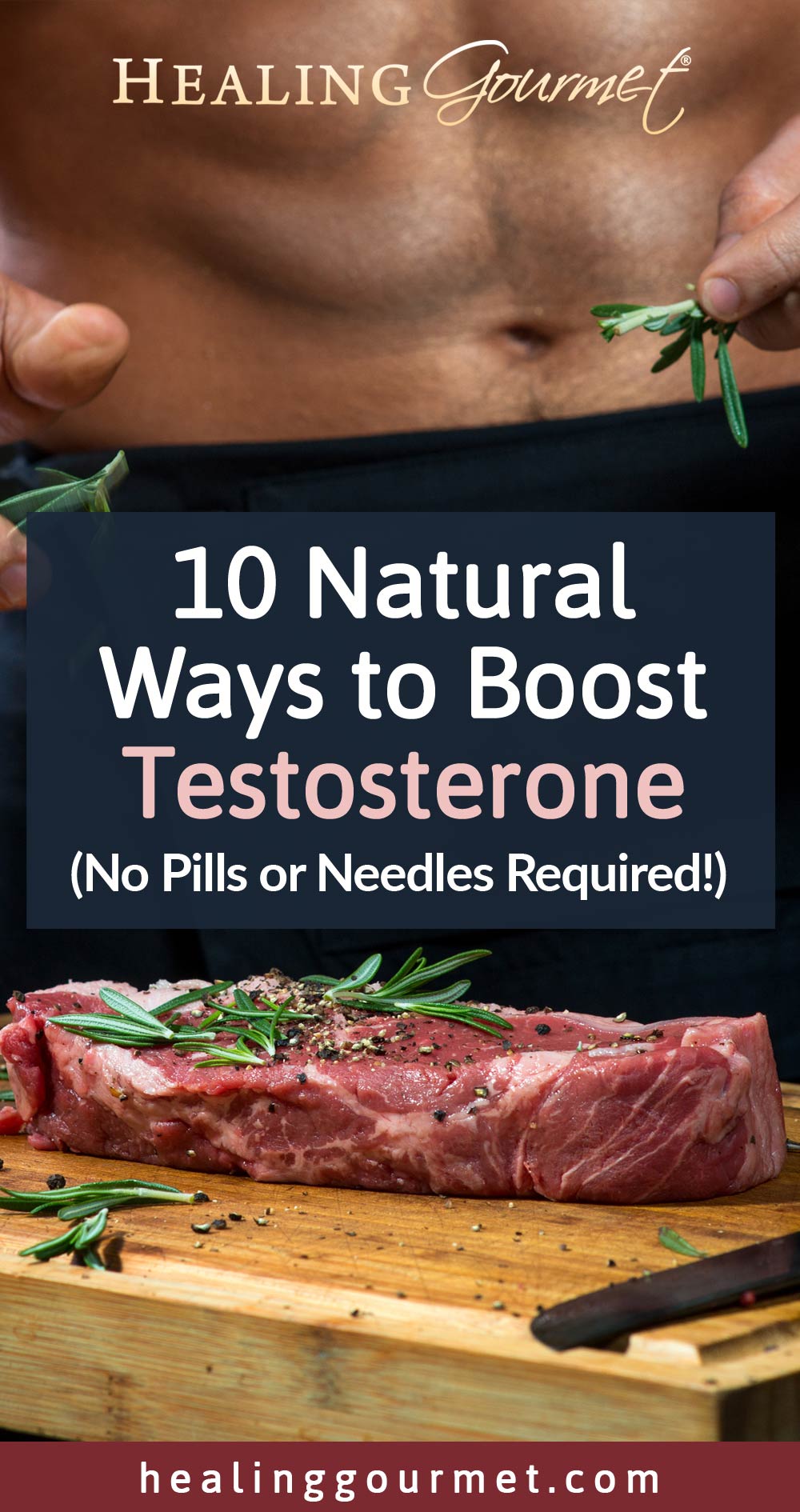
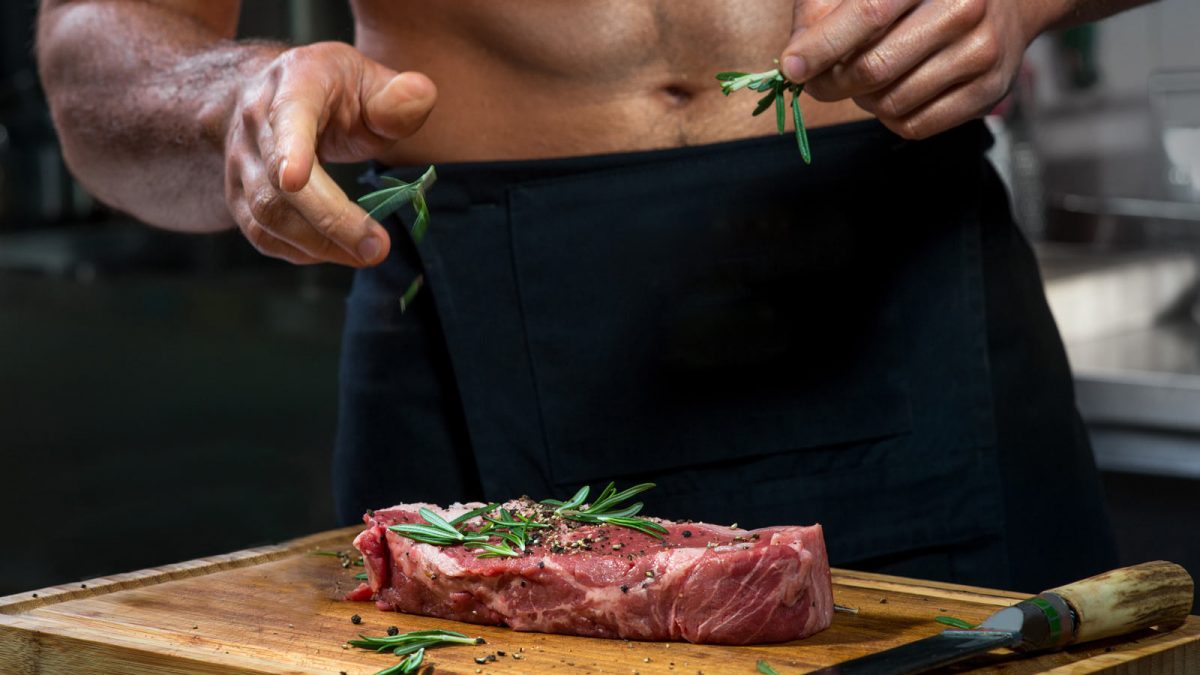
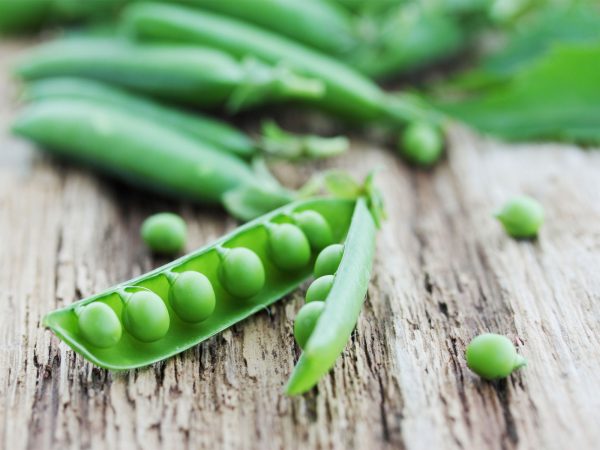
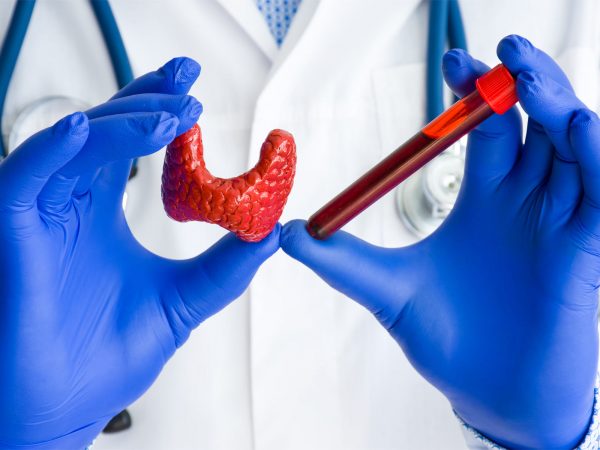
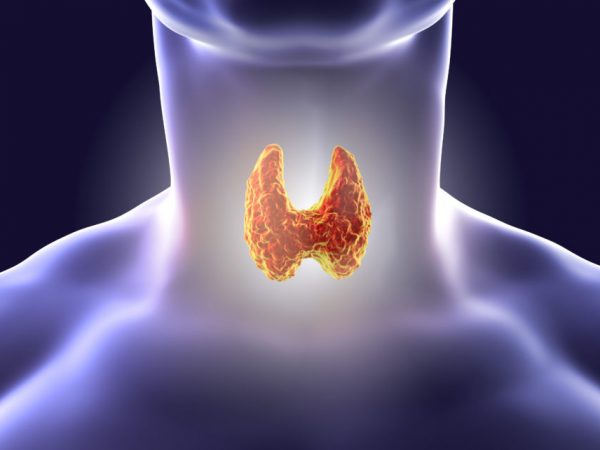
More estrogen. Soybeans act like estrogen in the body, although maybe not if fermented. Also pesticide residue on plants acts like estrogen. Also, a lot of farm animals are fed estrogen, which we then eat some of,.
Encouraging